The Birkbeck Institute for the Study of Antisemitism holds seminars, workshops and conferences for scholars, and lectures, discussions and film screenings that are open to everyone.
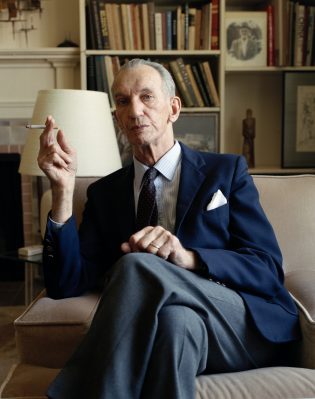
This round-table involves an international panel who will explore the connections and controversies which have revolved around Karski both during and after his lifetime. They will consider the mythology that has built around the Karski story and try to separate fact from fiction.

In this lecture, Nicholas Stargardt argues that German perceptions of the Holocaust were primarily shaped by their changing views of the war, with their own predicament, rather than that of the Jews, taking centre stage.
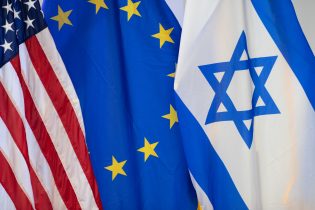
The aim of the workshop is to contribute to our understanding of the politics of multiculturalism and to advance understanding of the politics of the Israel/Palestine conflict as it is enacted in Britain.
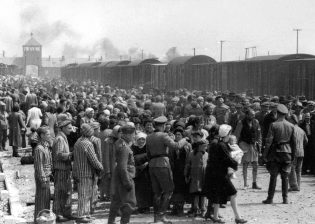
Dr Michlic will examine the two major stages in the process of restoration of Holocaust memory in post-communist Europe. She will argue that in order to understand its ongoing dynamics, three key dimensions should be considered: remembering to remember, remembering to benefit, and remembering to forget.

Since the 21st Century is delivering new technologies that are transforming our environment in unprecedented ways, it follows that the human brain, and thus our minds, could also be undergoing unprecedented changes.
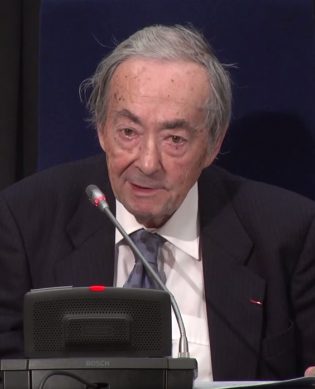
The history of the Jews and of Jewish identity has been characterized by radical inner tensions. These tensions, Professor Steiner suggests, oscillate between priest and prophet, the desert and the city, Zionism and the hopes and ideals of the Diaspora.

Professor Rose will explore these arguments, giving special attention to the thorniest problem, that of Wagner’s use of technical musical devices to impregnate his operas with antisemitism.

Professor Kaufmann will argue that at a time when religion is supposed to be fading in the West, the rise of religious fundamentalist sects challenges many of our assumptions about the inevitability of secularization, the future of progress and the idea of secular liberalism as an ‘End of History’.
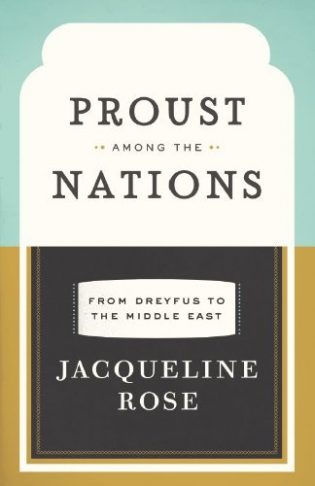
The conflict between Israel and Palestine has become one of the most enduring and it seems intractable problems of our time. In her new book, Proust among the Nations, Jacqueline Rose uses psychoanalysis, literature, and politics to reveal the conflict as a distinctly Western problem.
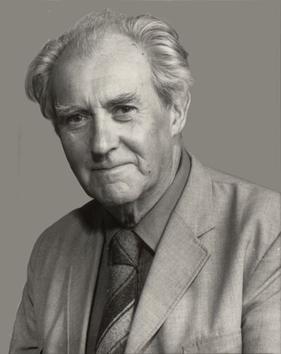
This Colloquium will consider the writings, influence and legacy of Norman Cohn FBA. Session One: Pursuit of the Millennium, Session Two: Warrant for Genocide, Session Three: Europe’s Inner Demons and Session Four: Norman Cohn the Man, the Later Work.

This two day conference brings together historians, social theorists and psychoanalysts to explore the impact of the Second World War and totalitarianism on psychoanalysis; and of psychoanalysis on the understanding of the war and totalitarian systems.

In the course of the workshop we intend to explore: the changing and contested definitions of antisemitism in European Union institutions; the concept and definition of hate crime in relation to Jews; the relationship of the law on race relations and religious and racial hatred to the Jews; and how Jewish communal organisations and activist groups define and comprehend antisemitism.

Professor Schüler-Springorum explores the role of survivor testimonies in the narrative of the Holocaust. She traces the figure of the survivor “Witness” through almost 70 years, starting with the burning urge to “bear witness” while mass¬-murder was taking place, to the present day, and the ubiquitous presence of the “Witness” in museums, memorial sites and on our television screens.

This seminar has been organised to coincide with Cavaliere Gianfranco Moscati’s visit to London. In 2006, Cavaliere Moscati made the single largest donation to The Holocaust Exhibition at IWM. The Gianfranco Moscati Collection is an extensive private collection of letters and memorabilia which documents the Nazi persecution of Italian Jews during the Second World War.

Anthony Clavane dispels this popular myth to reveal the hidden history of Jewish involvement in English football. He argues that football’s transformation from working-class pursuit into a global industry would not have been possible without such forgotten Jewish figures as Harry Morris, Leslie Goldberg, Louis Bookman and Edward Freedman.
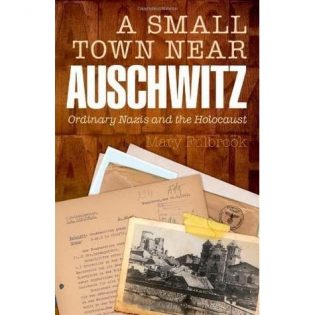
Mary Fulbrook and Jane Caplan, discuss Mary Fulbrook’s new book, A Small Town Near Auschwitz – Ordinary Nazis and the Holocaust, exploring the wider historical issues it raises and Fulbrook’s own conflicts of interest, as she uncovered a story behind a family she had known all her life.
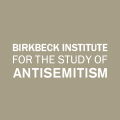
The Birkbeck Institute for the Study of Antisemitism’s world-leading research underpins its extensive teaching, policy advice and public engagement work.